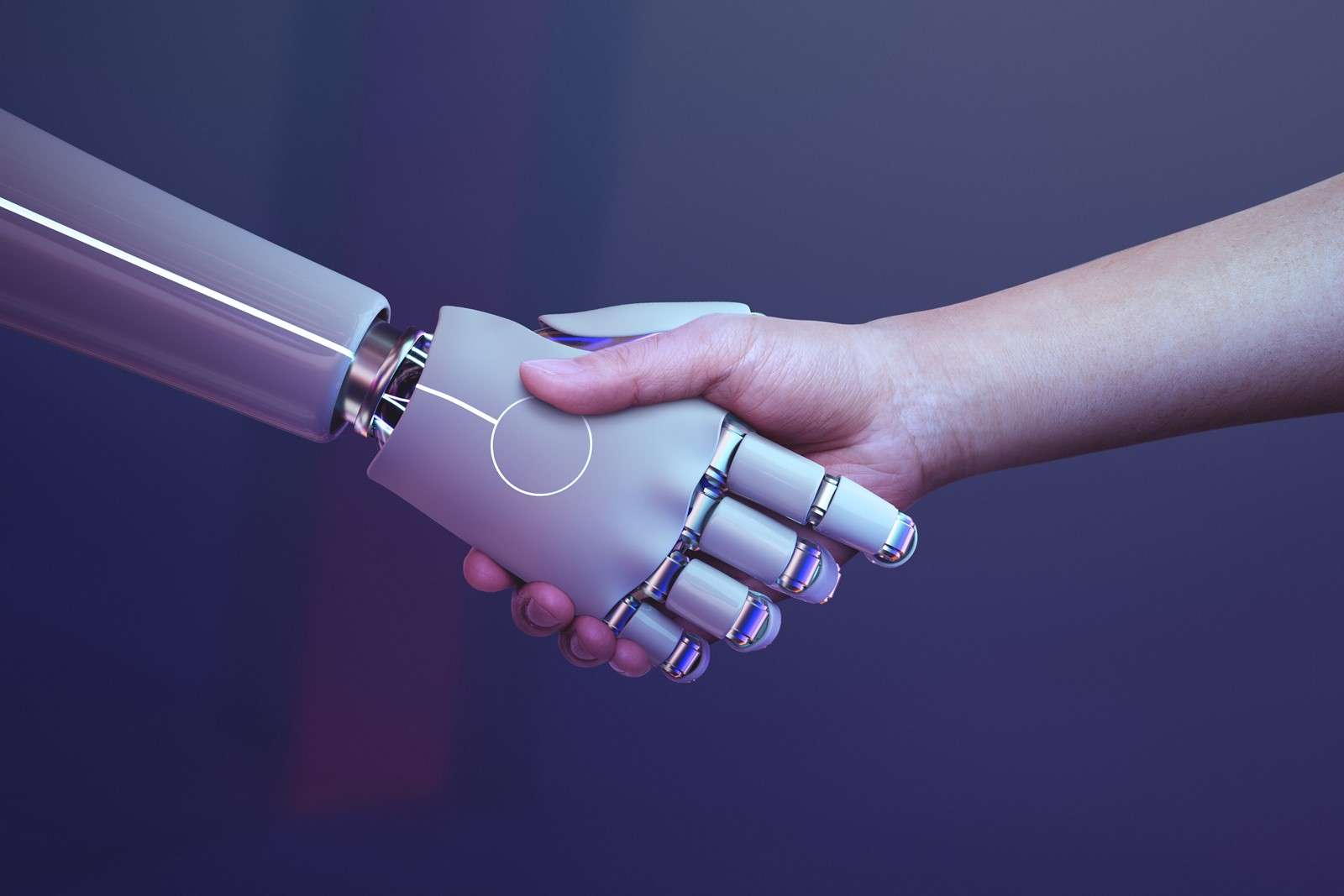In the age of ever-advancing technology, Artificial Intelligence (AI) has become an indispensable tool in many fields, including the healthcare industry. AI is making the delivery of healthcare more efficient and effective, resulting in improved patient care. From diagnosing illnesses to providing personalized treatments, AI is transforming the medical field and helping to make healthcare more accessible and affordable. In this article, we explore the role of AI in healthcare and how it is improving patient care.
Healthcare Gets a Helping Hand from AI
AI is revolutionizing healthcare, making it faster and more efficient. The technology is helping healthcare professionals to manage large amounts of data, quickly analyzing it and providing accurate results. AI has the potential to automate many of the tedious tasks that have traditionally been done manually, such as paperwork, billing, and scheduling. This frees up time for healthcare professionals to focus on what really matters: providing quality patient care.
AI is also helping to reduce costs by providing real-time feedback and insights to healthcare providers. For example, AI can be used to monitor patient vital signs and provide early warning signs of potential health problems. By quickly detecting and responding to changes in patient health, AI can help prevent costly hospitalizations and improve patient outcomes.
Another way AI is being used in healthcare is to support decision-making. AI-based systems can be used to analyze patient data and provide evidence-based recommendations to healthcare providers. By relying on AI-generated data and insights, healthcare providers can make informed decisions about patient care.
Improving Patient Care with AI
AI is playing a major role in improving patient care. By analyzing large amounts of data, AI-powered systems can provide accurate diagnoses and personalized treatments for patients. AI-based systems can also be used to predict health risks and develop strategies to prevent diseases before they occur.
AI is also being used to improve communication between healthcare providers and patients. AI-based chatbots can be used to answer patient questions and provide access to health information. This helps to make healthcare more accessible and reduces the time it takes to get answers.
In addition, AI-powered systems can be used to identify potential health risks and suggest lifestyle changes that may improve health outcomes. By providing personalized healthcare recommendations, AI can help patients manage their health and reduce the risk of costly medical complications.
Technology Transforming the Medical Field
AI is rapidly transforming the medical field, allowing healthcare providers to do more with less. AI-based systems can be used to analyze large amounts of data and provide insights that can help to improve patient care. AI-powered systems can also be used to automate mundane tasks, such as paperwork and billing, freeing up time for healthcare providers to focus on providing quality patient care.
AI is also being used to develop new treatments and medications. AI-driven research is helping to identify potential drugs and treatments that may be more effective than existing ones. This can lead to better outcomes for patients and help to reduce the costs of healthcare.
Finally, AI is being used to develop new medical devices and equipment. AI-powered systems can be used to improve the accuracy and efficiency of medical procedures, resulting in better patient care.
The Power of Artificial Intelligence
AI is powering the healthcare industry and improving the lives of patients around the world. The technology is helping healthcare providers to work smarter and faster, resulting in improved patient care. AI-based systems can be used to analyze large quantities of data and provide accurate diagnoses and treatments, as well as personalized health recommendations.
AI-powered systems are also being used to automate mundane tasks, reducing costs and freeing up time for healthcare providers to focus on patient care. In addition, AI-driven research is helping to identify new treatments and medications that may be more effective than existing ones.
Finally, AI is being used to develop new medical devices and equipment, improving the accuracy and efficiency of medical procedures. In this way, AI is helping to make healthcare more accessible and affordable.
AI Working for the Betterment of Healthcare
AI is working to improve healthcare and make it more accessible and affordable. By automating mundane tasks and analyzing large amounts of data, AI-powered systems can provide healthcare providers with insights that can help to improve patient care.
AI is also helping to identify potential health risks and suggest lifestyle changes that may improve health outcomes. In addition, AI-driven research is helping to identify new treatments and medications that may be more effective than existing ones. Finally, AI is being used to develop new medical devices and equipment, improving the accuracy and efficiency of medical procedures.
Finding New Solutions with AI
AI is helping to find new solutions to healthcare challenges. AI-powered systems can be used to identify potential health risks and suggest lifestyle changes that may improve health outcomes. In addition, AI-driven research is helping to identify new treatments and medications that may be more effective than existing ones. Finally, AI is being used to develop new medical devices and equipment, improving the accuracy and efficiency of medical procedures.
AI is a powerful tool that healthcare providers can use to make healthcare more efficient and effective. By leveraging the power of AI, healthcare providers can better manage patient data and provide more personalized care. In this way, AI is helping to improve patient care and make healthcare more accessible and affordable.
AI is revolutionizing the healthcare industry and improving patient care. From automating mundane tasks to identifying potential health risks, AI is helping to make healthcare more efficient and effective. AI-based systems can be used to analyze large amounts of data and provide insights that can help to improve patient care. In addition, AI-driven research is helping to identify new treatments and medications that may be more effective than existing ones. In this way, AI is helping to make healthcare more accessible and affordable.
